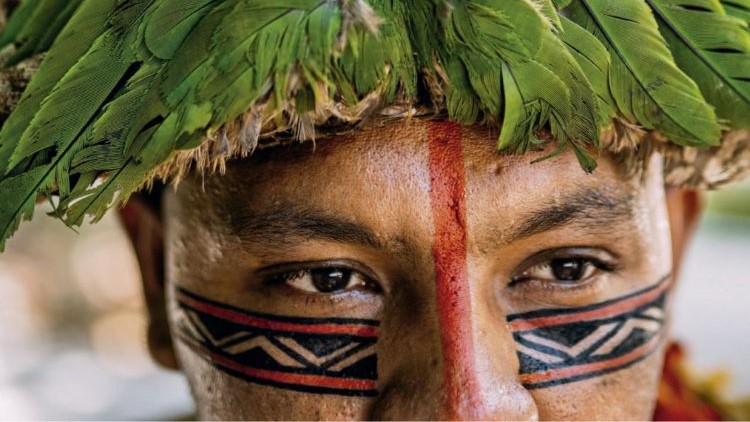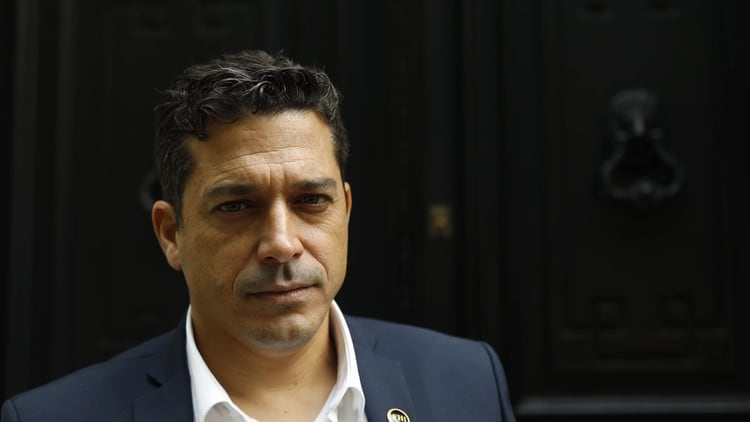The Diplomat
38.4% of the 556 indigenous languages of Latin America and the Caribbean are at risk of disappearance, according to the new Latin American Atlas of Indigenous Languages in Danger of Disappearance, promoted by the Ibero-American General Secretariat (SEGIB) and supported by the Spanish Agency for International Development Cooperation (AECID).
The Atlas, which was presented this past Thursday in Colombia and has been promoted by the Ibero-American Institute of Indigenous Languages (IIALI, one of the 30 Ibero-American cooperation programs promoted by the SEGIB) together with the Fund for the Development of Indigenous Peoples for America Latin America and the Caribbean (FILAC) and the General Secretariat itself, offers updated information on the state of indigenous languages in the region with respect to the latest available atlas (2009).
According to the data reviewed to date, 38.4% of the 556 native languages are at risk and in a critical situation, approximately 18 percentage points more than 15 years ago, when that first atlas was published. The document also highlights that none of them are safe and at least 66 indigenous languages in the region have fewer than 99 speakers. In Bolivia, for example, at least seven languages out of 33 would have fewer than ten people, of advanced age, who they speak, understand or remember them.
According to the study, which also has the support of the Spanish Agency for International Development Cooperation (AECID), the vulnerability of languages is closely related to at least three factors: racism and discrimination against people, indigenous societies and knowledge, the failure by the State to comply with current legislation (which should protect, promote and make indigenous languages visible) and the interruption of the intergenerational transmission of languages.
“Updating the Latin American Atlas of Endangered Languages is necessary for countries, governments, as well as indigenous organizations to make appropriate decisions about the future of their languages, which preserve the wealth of knowledge that indigenous peoples transmit,” declared Peruvian linguist and researcher Luis Enrique López-Hurtado, in charge of coordinating the Atlas of Indigenous Languages in Danger of Silencing proposal.
The IIALI initiative was promoted at the XXVII Ibero-American Summit of Heads of State and Government, held in Andorra in 2021, with the aim of promoting the use, conservation and development of indigenous languages spoken in Latin America and the Caribbean, supporting indigenous societies and States in the exercise of cultural and linguistic rights.
The Laboratory for Indigenous Languages
Given the critical situation experienced by indigenous languages in Latin America and the Caribbean, the IIALI has also presented a proposal to create a laboratory that contributes to the revitalization of the languages of indigenous peoples.
According to Peruvian linguist Roberto Zariquiey, the Laboratory for the Vitality and Use of Indigenous Languages seeks to promote exchange between the different linguistic revitalization initiatives that exist in the region. In addition to its role as an articulator, the project is also conceived as a space for experimentation, training and research, which allows feedback to the Atlas of Indigenous Languages in Danger in a constant and interactive way.
“The good news is that, since the last atlas of 2009, the cultural and linguistic revitalization initiatives of indigenous societies have been increasing day by day, particularly due to the decision of key actors in the linguistic communities, such as young women and men. who have decided to relearn the heritage languages of their families and communities,” added López Hurtado.







